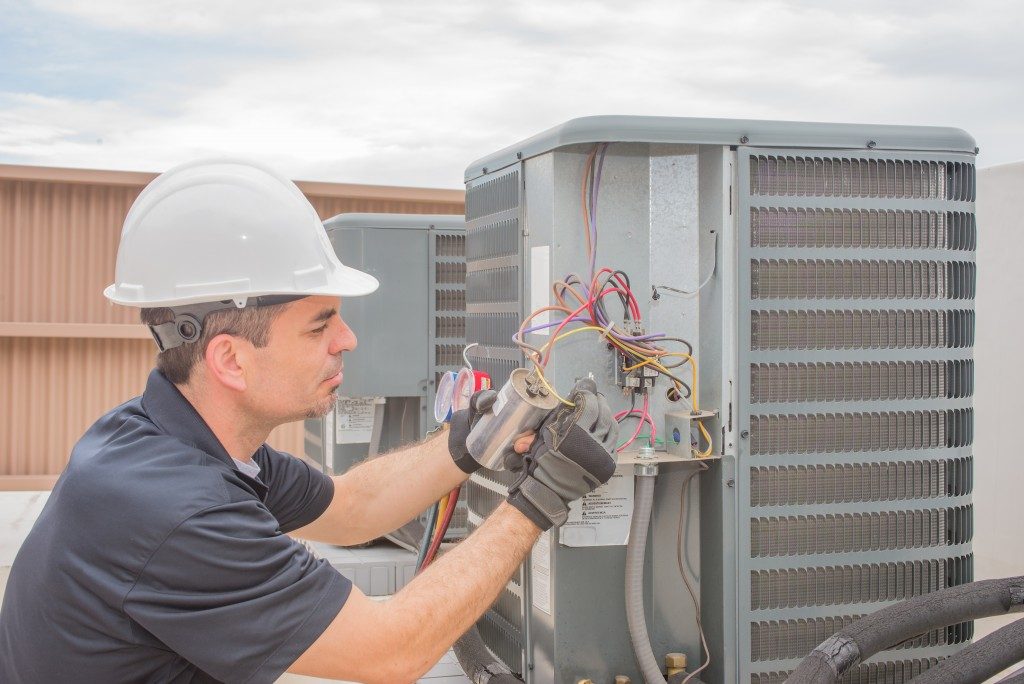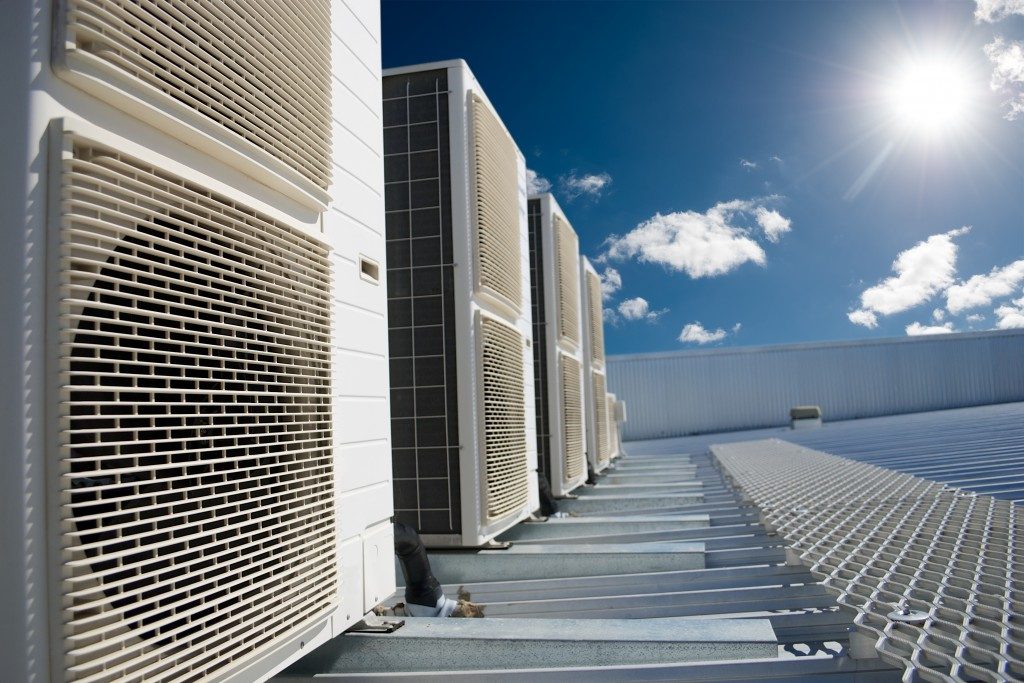While some issues with your air conditioning systems are difficult to detect, refrigerant leaks are not. You will notice that your unit runs longer than usual, your vents start blowing warm or slightly cooled air, and your building’s temperature does not reach the desired temperature. Skyrocketing energy costs can also point to a leak on your AC’s refrigerant. Since HVAC systems are closed units, leaks might not be readily visible and you will primarily rely on these signs to diagnose a leak.
AC repair professionals in Seminole, FL or anywhere else, on the other hand, are equipped with detection equipment and carry out different tests to determine if a refrigerant leak is the cause of your AC’s problems. Moreover, the equipment will point to the exact location of the leak and help seal it efficiently.
Here are the main classes of AC leaks:
Class 1
This class encompasses standing leaks. The leaks can be detected even if your unit is off or fully equalized since they are not caused by the movement of various interior parts. The ‘professional’ advise on most sites to switch off your AC unit when you detect a leak will, therefore, not work in a standing leak. One common type of standing leak is the one emanating from frozen evaporative coils, which are warmed up to defrost.
Class 2
This class includes pressure dependent leaks. These leaks are only detected if the pressures in your AC reach a particular reading or level. They commonly arise from a breakdown, which raises the pressure of the air flowing in your AC unit by blocking the air’s path. When assessing them, the experts will pressurize your unit to 150-450 psi using helium, dry air, or nitrogen to locate them.
Class 3

These are temperature dependent leaks. They are associated with the expansion of different parts when the heat of the air conveyed in your system is too much. This typically follows defrosting, condenser blockage, or high ambient air.
Class 4
This category includes vibration dependent leaks. The leaks emanate from the wear and tear of your HVAC unit from the constant vibration of different parts during its operation. These include valve actuation, refrigerant flow, rotation, and motion. While it is impossible to negate your unit’s vibration completely, regular maintenance will reduce its effects and avert leaks.
Class 5
This consists of refrigerant leaks that result from more than a single flaw in your unit. For instance, temperature, pressure, and vibration issues can induce leaks in combination. This is when they cause a manifold discharge on a compressor, which in turn, expands it and springs a leak.
Most property owners consider the fixing of AC refrigerant leaks a DIY venture that can be done with the help of a YouTube video. They put their health and that of other property occupants at risk due to the inhalation of the refrigerant.
Some types of refrigerants used in AC units also contribute to global warming and ozone depletion. That said, the repair of a leaking AC unit requires an emergency professional repair service to prevent even worse problems.

